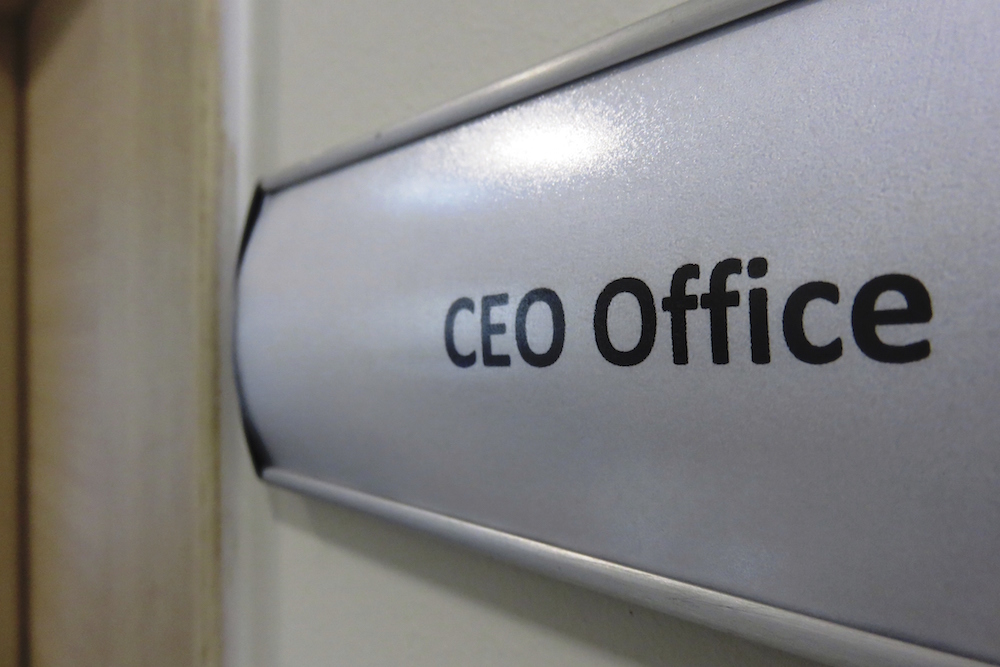61% of CEO’s admit they haven’t yet taken the first step to fixing their talent attraction problems – and 63% recognize that they DO have a problem.
My first job was in IT shared services, as a software procurement analyst. My second was in 6Sigma as a Black Belt for corporate functions. These jobs felt “normal” – about what I expected. You have projects, teams, deadlines, budget. Oh – and way too many meetings.
Then I worked in recruiting. It didn’t feel like the other jobs. It was faster, more urgent and more stressful. We ate lunch at our desk with the phone pinned to our ears. We checked email constantly to see if a job seeker had responded and hoping that a manager had not (let’s face it, they don’t email to tell you how wonderful you are – except maybe when the job is filled).
Then I left Corporate America and went to work for a slightly bigger than early stage startup. Eventually, I found my way to sales because it allowed me the most flexibility on a personal level, and the most variety in my working day – both of which are critical to my personality type (I get bored with too much of the same). Sales allows you to interact with a variety of companies every single day. I haven’t had the same day twice since and have never looked back.
Suddenly, it hit me. Salesforce.com is just like Taleo (for non-sales readers Salesforce.com is a Customer relationship management tool. For non-recruiting readers, Taleo was the first Applicant Tracking system created in 1996 to catch resumes from CareerBuilder and Monster. Oracle bought it in 2012). I put lots of information in, and day by day that information grows grey hairs (like my facial hair). The user interface is ‘meh’ at best (I now work for the former Salesforce.com head of product, so I have to be careful :), but the reports for execs are awesome! At a helicopter view, the system seems to have been designed by executive IT types, who got all the fields and data structure just right so the perfect report could be generated. Just like Taleo – which was designed by supply-chain professionals that built systems to move parts – not people. What happens with those reports? Oh yeah, the Friday pipeline review – so we can look at various stages of the funnel and see where we are. Sounds like the Friday open Req meeting, doesn’t it? Sales leaders say every single week: “update those opportunities!” while recruiting leaders are telling their recruiters to put everything in Taleo. Neither system facilitates the work of the user, so the overhead of entering data about what already happened creates an output that is never accurate – even for a day.
The parallels between sales and recruiting go on and on. Lead generation, cold-calling, sourcing, google campaigns, buying lists, tracking conversations in CRM, etc. I’ve started to meet many people who have crossed the line like me – so many of the skills are similar it only makes sense.
But here is where it doesn’t make sense. Sales is managed by the Chief Operating Officer (exchange another business leader if you wish), and Recruiting is managed by HR. Sales professionals get paid extra to bring in extra business (above quota). Recruiters get paid like HR. Sales is managed by someone who is effectively an entrepreneur – managing customer relationships, sales, and the solutions the company offers. Recruiting is managed by a group of poeple that minimize risk, create policies, focus on employee satisfaction, and talent management (all very important topics in their own right). But let’s face it, waking up everyday trying to make things NOT happen (HR Risk) is far different than waking up everyday trying to make things TO happen (Sales). Sales needs a new system? There is always budget for that. Recruiting needs a new system? Better steal some money from the training department.
Both Sales and Recruiters talk to people that don’t have a relationship with your company in hopes that they one day will. HR focuses on those you already do have. You can find a quote from almost every CEO out there that says “Talent is our #1 priority”. Yet, according to PWC 63% of CEO’s are worried about finding the right talent, 93% say they recognize they need to change their approach, and only 34% feel that HR is well positioned to manage the needed change. Maybe the solution isn’t a new system or tool – maybe it’s rethinking a basic question: In today’s world, is recruiting even an HR function at all?
If the answer is no, that could potentially change many things: The level of talent doing the work, how that talent is compensated, the investment in the technology needed to manage the recruiting funnel top to bottom, and how the organization as a whole recruits together. This is NOT to say that HR CAN’T do it, but maybe just that HR can’t do it alone with the investment and attention that it currently receives.
If you were CEO of a large corporation, what would you do?

